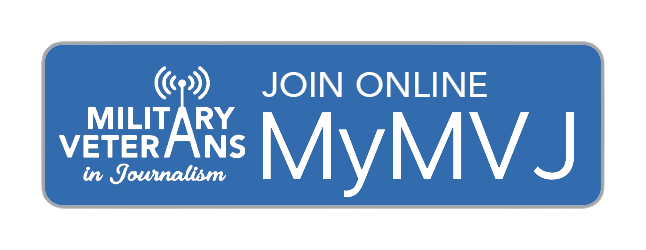This resource is provided by American Corporate Partners, which aims to ease the transition from the military to the civilian workforce. ACP is a national nonprofit organization focused on helping returning veterans and active duty spouses find their next careers through one-on-one mentoring, networking and online career advice.
Choosing a School or Program
Choosing between various higher education programs can be difficult. Use the guidelines below to make sure you are asking yourself the right questions.
How will you fund your Education?
- Military Funding – The Post-9/11 G.I. Bill entitles eligible veterans to affordable public higher education or equivalent funding to attend a private institution. You can also research schools that provide additional funding through The Yellow Ribbon Program.
- Read up on the Post-9/11 GI Bill at Military.com
- Check if your ACE credits, CLEP testing and other college credits transfer
- Find VA-approved programs at Military.com or search Military Friendly Schools by degree, location, or area of study
- Ask your Company – Many companies are willing to sponsor further education of their employees. Find out if this is a possibility, and if so, write a formal proposal. Remember to frame your request in terms of the corporation’s interest.
- Scholarships and Grants – Many schools offer scholarships to incoming students, but there are also a number of grants and scholarships given by external organizations that you can look into.
- Research the different awards that are out there, the amounts they offer, and see if you’re eligible to apply.
- Student Loans – Consider the pros and cons of federal student loans, private student loans, or building a portfolio of multiple loans to pay off your debt strategically.
Which type of program do you want to enroll in?
- Do you want to take a Full-Time, Part-Time, or Online program?
- What would you immediately rule out and what are the pros and cons of your best options?
Do you have a sense of where you would like to live or work after you graduate?
- Which schools have a strong network of alumni in your ideal industry?
- Are internship opportunities available at specific companies?
- Universities put their prospective employers’ recruiting schedules online. Go to the career services website of the university you’re interested in to see which companies are recruiting.
- Call a college’s career services department and ask for their recruiting records to get a sense of employment outcomes for recent grads.
- Would you live in the prospective city/town upon graduation? This is not necessary but an option to consider.
What is the return on investment?
- Look at the tuition of the schools you are considering. Are certain programs significantly more expensive? If so, what do they offer to make up for this price increase?
- What is the average salary for someone in your desired field? Will you need additional schooling after taking the first step?
- Accrediting bodies evaluate the quality and credibility of programs. Can you find an accreditation rating for your school of choice?




